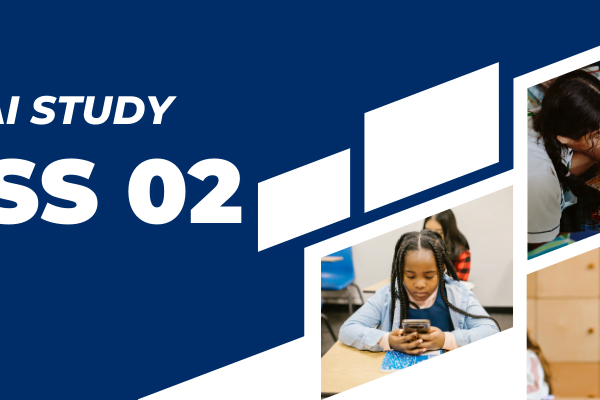“We only finished that lesson yesterday!”
“How many times do I have to explain it?”
“Could you please concentrate more?”
These are just a few of the terms that frustrated parents use when their children forget things, particularly those linked to schooling. How many times have you wanted to throw in the towel and give up?
A healthy memory is an important skill in your child’s development. Good memory abilities will help your youngster function well in school and at home. However, not everyone is born with a keen recall. It is vital to provide your children with good information on how to improve their memory while they are still young.
Here are some dos and don’ts for improving your child’s memory:
DO’S
- Make use of visualization. Tell your youngster to imagine a picture of what he or she has just read or heard. Encourage your youngster to imagine a movie after reading about historical events, for example. Try to use games that mix and match items to boost your visual memory. Word or image flashcards can also be used to practice word meanings.
- Make use of all of your senses. When learning something new, try to use all of your senses. For example, if you want to teach your child about oranges, don’t limit yourself to only reading about them; there’s so much more to learn: your child can touch, smell, taste, and even count the amount of segments and seeds within. Giving your child the opportunity to digest information through sight, sound, touch, and movement can help them retain information better.
- Color should be used. The attention filter in our brain only allows in a small percentage of the billions of pieces of sensory information available every second. We should take use of the fact that color passes through this filter very well. In a reading exercise, use colored markers to highlight noteworthy paragraphs. Use multicolored sticky notes to make a list of questions before reading a textbook or to jot down essential learning concepts. Color-coded study regimens can also help to improve memory and organizational skills.
- Patterns should be used. From learning the alphabet to categorizing objects, assisting your child in seeing patterns is another approach to improve their memory. Because this approach necessitates repetitive action, practicing coding and categorizing information into patterns will vastly increase your child’s long-term memory.
DON’TS
- Don’t overthink or overstress yourself. When the brain is overworked and weary, it becomes tired and is unable to process information adequately. Allow your youngster time to recover and de-stress after school. Establish delightful rituals before study time, such as freshening up, having some snacks, or taking some time to play and have meaningful talks. This way, their minds will be a little lighter, their memory banks will be refreshed, and they will be able to focus fully on their teachings.
- Don’t discourage them from taking breaks. The brain must also renew its reserves in order to efficiently absorb new information. It is essential to take mental breaks after concentrating on lessons for an extended period of time. Primary school students should take ten-minute breaks, while high school students should have 15-20-minute rests. Simple actions like drinking water, standing, walking around, or stretching help revitalize your child’s brain and prepare it to receive and process more information.
- Don’t be afraid to ask questions. By asking questions, you can provide your child the opportunity to share what he or she has learned with you. Request that they write summaries of what they’ve read, develop thought maps, or create bullet points of important information. Encourage your child to ask you questions about concepts he or she does not understand yet. This will allow for an open flow of communication, which will lead to improved comprehension and problem-solving abilities.
Incorporating these activities and habits into your child’s daily life will definitely help to improve his or her memory. Making time to study and learn together in a pleasant way will undoubtedly foster a great environment for your child. Your child will be more open to finding new things that will stay with them for a long time if you provide gentle support and encouragement.





